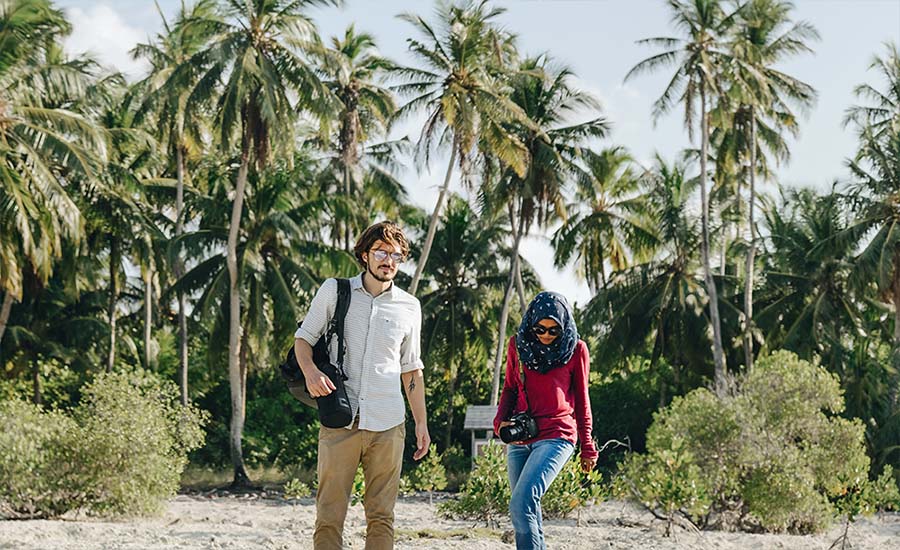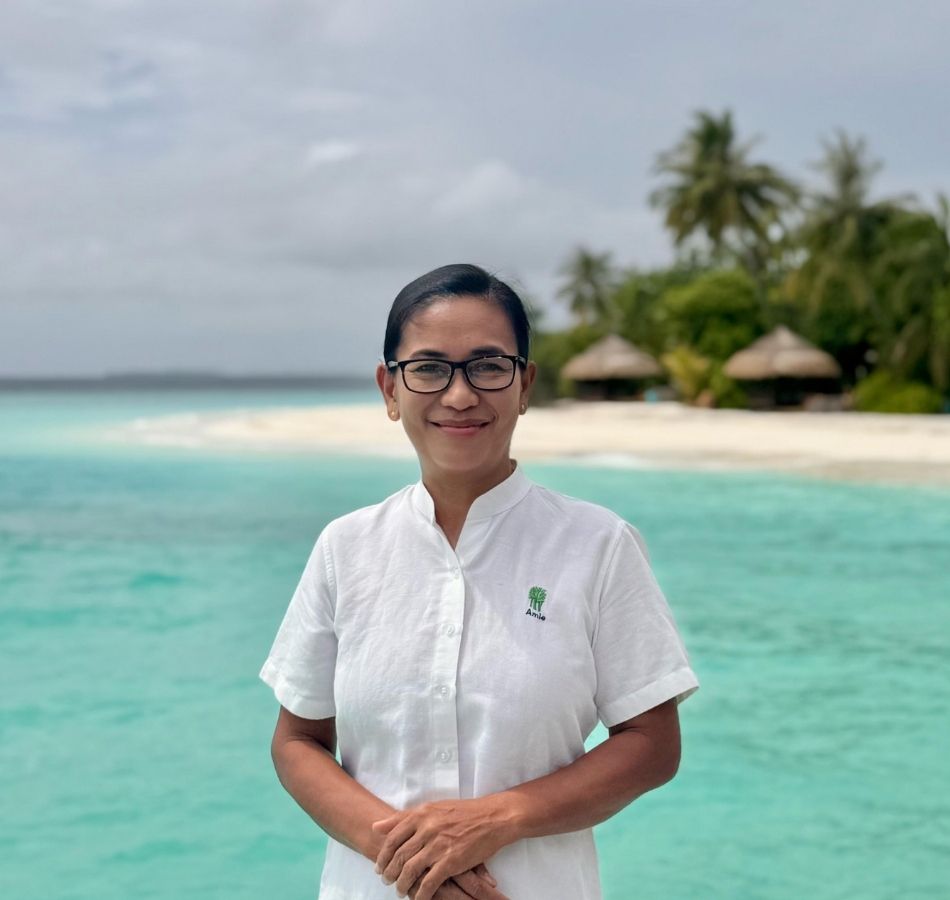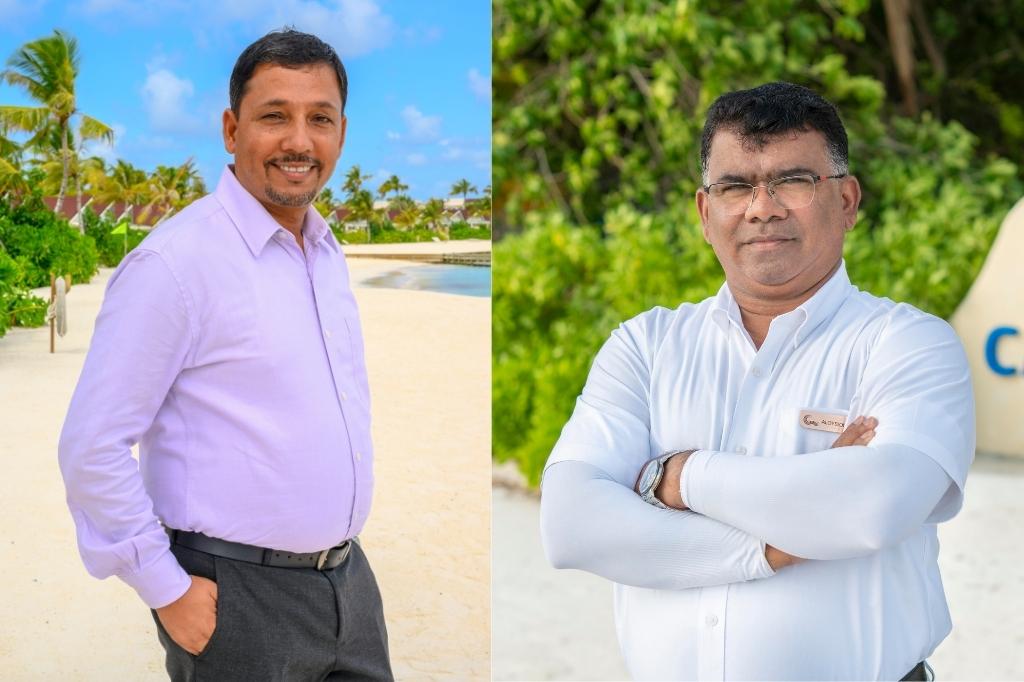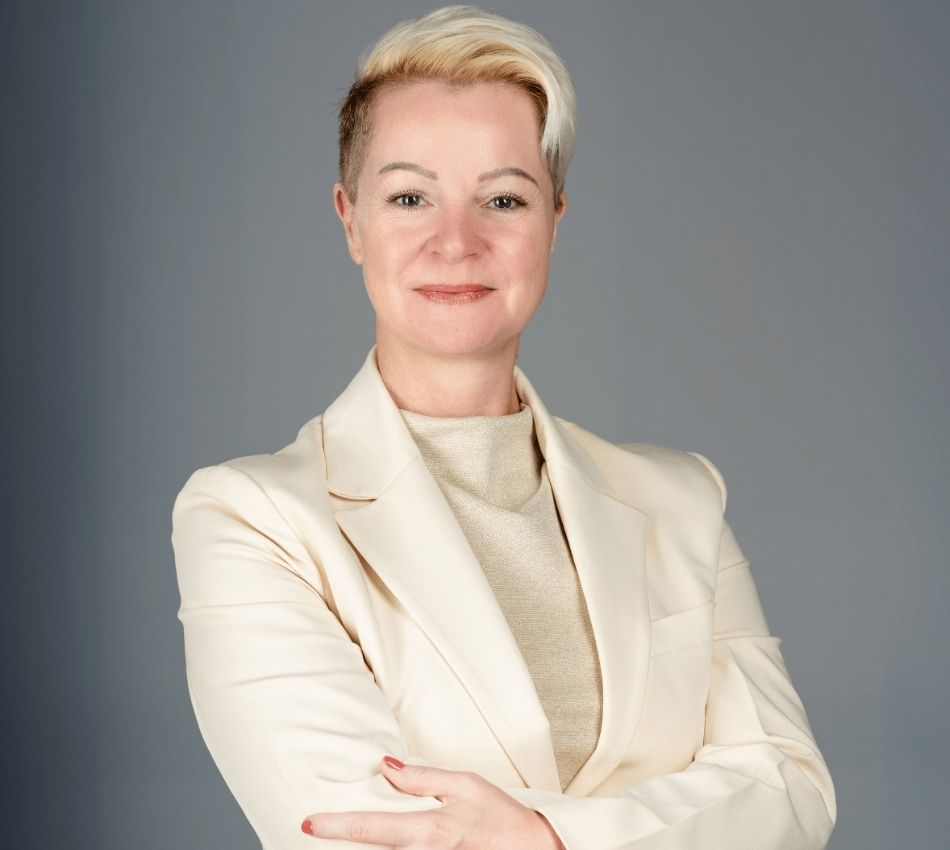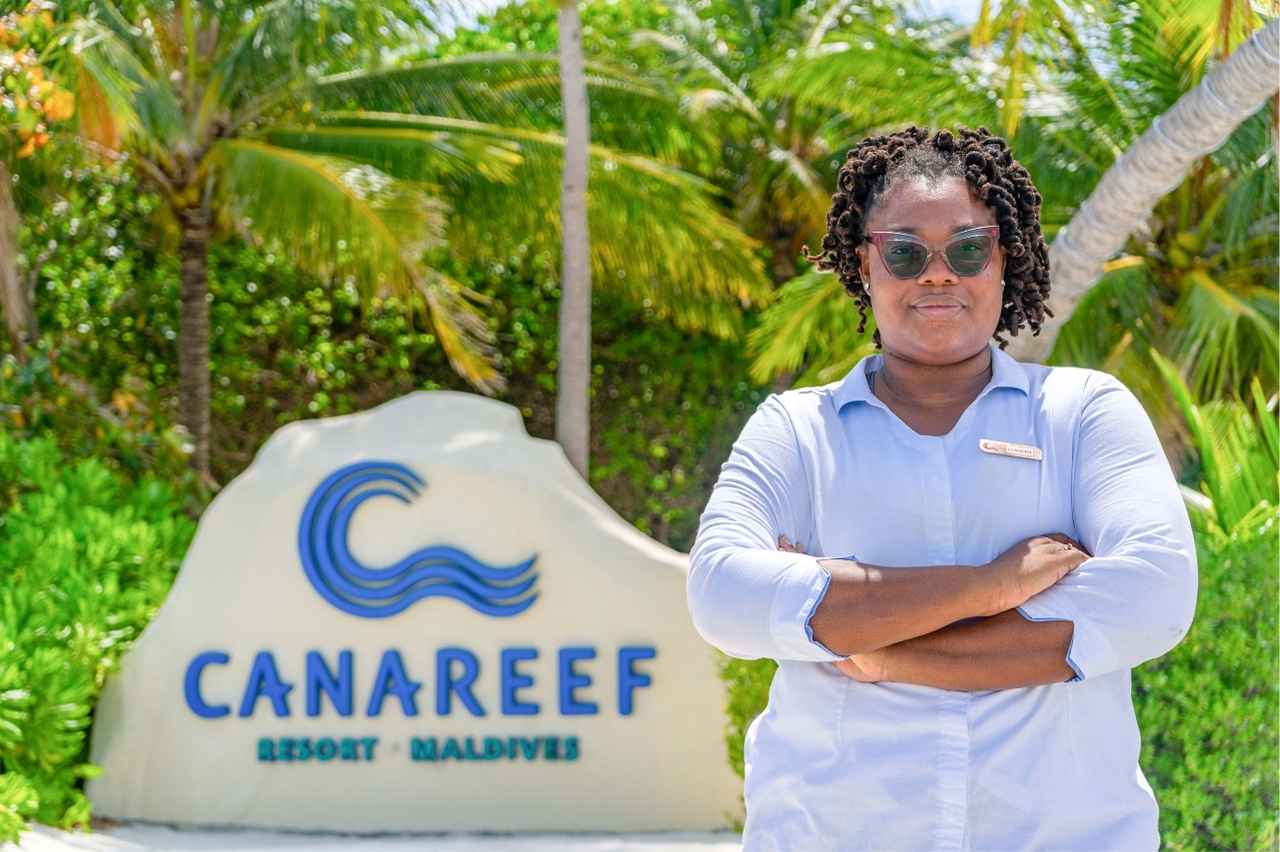We sit with Dan, part of the dynamic duo behind Two Thousand Isles to find out about their inspirational project to uncover the hidden cultural aspects tucked away in the depths of Maldives. With his ever expanding interest in Maldives and career in journalism paired with his wife’s inspiring photography, Dan and Naj have embarked on a journey to (re)discover the Maldives.
After working in the media for a few years, Dan realised that the practice of finding the perfect picture for his articles was probably backwards. Here he found that his creativity best shone in finding the perfect words to go with a beautiful picture.
The project started as a hobby soon after the pair got married. Having worked on travel articles before, Dan & Naj found their true calling. Working for a travel website and traveling together for the first time, they discovered that people know very little about the Maldivian history, culture and life on an island. After all, Maldives is known for its picturesque scenes. Two Thousand Isles aims to elegantly expose and present one of the most photographed nations on earth to the rest of the world.
1. What inspired two thousand isles?
A combination of things, really. Having worked in the Maldives for nearly five years, I felt I’d seen very little of the country outside of the capital and the resorts, and I’d written even less. Taking a break from journalism around the time Naj and I got married last year, I had a chance to think about how I could combine exploring the country while producing engaging and informative content.
Which brings me to the main inspiration for the project – Naj and her pictures. Her work grabs people’s attention in a way that not even the most well-researched and carefully written article can. If I can think of a concept or an angle, Naj can bring it to life, which inspires me to look at every aspect of life here with a fresh eye.
We realised that we had a unique opportunity to combine words and pictures in a way that might bring both old and new stories to a different audience and so we started the website last year.
2. What part of the overlooked culture of Maldives inspired you the most?
Honestly, all of it. Fostering a culture and community in an environment that’s deceptively inhospitable has created a unique society, but one that can be difficult to learn about. It’s this relative inaccessibility that makes it particularly intriguing.
Also, after the rapid changes in recent years, the country is currently a patchwork of old and new, modern and traditional. A trip across the lagoon can be like travelling back in time, which also lends a sense of urgency as development threatens to sweep away two millennia of culture in just a few decades.
With additional social and environmental pressures also altering lifestyles and relocating more and more people to Male’, we feel that any work that celebrates and strengthens cultural awareness during this historically unsettling period of change is of value.
3. We have let the outside world define Maldives with luxury resorts, how do you think we can change that?
The Maldives’ resorts are both incredible and also fascinating to me. They’re basically the pinnacle of luxury, which is a tired cliché until you actually experience it, at which point the thought, effort and creativity of those involved becomes apparent. But obviously they’re supposed to be a fantasy and in most respects not representative of the country.
In terms of what the world sees of the Maldives, I think there’s a gap opening up between what is considered important enough to make international news, and the travel and tourism literature that helps fuel the tourism industry. Unfortunately, the reality of life in the islands, i.e. the things that neither make news nor sell holidays, falls right into that gap.
After working as a journalist, I wouldn’t really say this is anyone’s fault. News outlets everywhere are extremely under-resourced, and I can’t think of anyone I’ve worked with in five years here who didn’t wish they had more time to focus on positive stories.
Social media has taken the ability to define a place away from any one group, which is obviously a positive thing, but it can also easily exacerbate distortions. All we hope to do is join the online conversation about what the Maldives is by contributing a body of work that people can engage with that doesn’t require headline-grabbing narratives or a disneyfied image of paradise. Luckily, the reality is that this is one of the most photogenic places on earth, so half the work is done for us.
4. Do you feel we need to change the image completely or do you think there a way to incorporate the image Maldives already has with the cultural aspects of your project?
The Maldives’ image and the Maldives’ economy are now inextricably linked due to the tourism industry’s dominance. This has inevitably led to tension between developing tourism and maintaining the best aspects of Maldivian life and community, as well as heightened sensitivity that any negative coverage might tarnish the way the world sees the archipelago.
As I mentioned before, the fantasy element of the resorts means that local culture can only play a limited role there, but this shouldn’t be misinterpreted as the islands being without a history or culture. Unlike similar small island nations, the Maldives is considered a civilisation in its own right, and to place the resorts within this context can only add a new chapter to the archipelago’s history.
I think the country’s rapid development as well as the growth of the guesthouse tourism industry means it’s important to celebrate the wider aspects of Maldivian culture, both in order to teach travellers about the islands but also to preserve local culture against inevitable changes that economic development will bring.
5. Since two thousand isles covers topics in unchartered territories, what type of culture specifically do you intend to document?
We can’t claim to be always finding new things, though we hope to build a big enough audience so that every story is ‘unchartered’ for at least some people (if not just for me!!). With this is mind, it’s tricky to produce content that will appeal to both a Maldivian and a foreign audience.
As a foreigner, there’s very little I can find out that people here don’t already know (particularly as Dhivehi literature is still beyond my comprehension), so we try and present a unique angle on things in addition to always having Naj’s original images.
I actually feel these competing demand from a broad audience can produce a crossover effect if they can demonstrate how the seemingly mundane is often fascinating to foreigners like myself (even after five years!).
6. Out of all the academics that have written about the Maldives in the past, which one is your favorite or most inspiring to the project?
That’s a tough question as so many have made unique contributions. If I were to focus on the writers from the last 100 years, HCP Bell’s academic rigor is impressive, working on his ground-breaking monograph right up until his death. Xavier Romero-Frias was probably the first resident writer since Francois Pyrard 400 years before, documenting local culture with huge passion, while Clarence Maloney’s essential work fleshes out the very roots of Maldivian society and culture.
Writers like Elizabeth Colton and JJ Robinson have skirted the more controversial sides of modern Maldives, boldly providing the bitter facts that are necessary to fully appreciate the sweet in any society.
Apart from these, I’ve been much inspired by some of the less well-known authors. I recently read Paul Webb’s ‘Maldives: People and Environment’ from 1988, which provides perhaps the best combination of accurate research and pioneering photography. We hope to use a similar combination of research and technology to tell our stories.
7. What’s your opinion on guesthouses vs. luxury resorts in the Maldives? Do you have a preference, and why?
As someone who’s been lucky enough to visit both on a complimentary basis, it’s probably hard to compare the two fairly – I think I’d find it far harder to relax on a resort if I was picking up the tab!
But from a work perspective, there’s obviously infinite potential for new discoveries on islands with guesthouses. After staying on a resort you can say you’ve ‘seen’ the Maldives, after a trip to a guest house island to you can really say you’ve ‘been’ there.
8. Which atolls in the Maldives have you already been to, and which ones inspired you the most?
With Naj being from Addu, it’s the place I’ve spent most of my time when not in Male’. I love how proud people are of being from the south. Because of recent history, the unique elements of the southern atolls are better known than other regions, but I think they’re indicative of far greater cultural variation across the country than often thought.
Other than this, I have to mention my first visit to Noonu atoll. The island of Lhohi was like nowhere I’d ever seen before – it’s the sort of place that you almost can’t believe is real. Timeless.
9. Do you have any specific stories from your travels around the Maldives that struck you or motivated you to take this project further?
When visiting the island of Rasdhoo, we heard that there was a significant number of people who’d been evicted from the nearby island of Kuramathi, which was later turned into one of the country’s first resorts, preventing their return.
After just a few enquiries we spoke with half a dozen people whose pain and sense of loss, even 50 years later, was striking. Even more interestingly, they seemed to not have been asked about this before, and were surprised we were so interested. This left us wondering how many other pieces of history were out there being considered unimportant or uninteresting.
10. What kind of stories do you plan on showcasing? Such as stories personally told by Maldivians you meet or cultures of the islands?
A lot of what we cover will depend on who we meet and what jumps out at us as we visit islands. We have no idea if we’ll make it to every island – this would probably take a couple of years – and obviously our time on each will be limited. Traditionally, people are very reserved and cautious and we can’t expect them to tell us all their stories the second we arrive.
As we travel we will produce regular blog updates and weekly exclusive travelogue articles on the Mihaaru news website. We hope this will keep people engaged in order to build an audience for the rest of our content.
11. What are the future plans of Two Thousand Isles? How do you plan to go forward with the project?
The immediate plans are to head up to Fuvahmulah and Huvadhu and start the project proper once we’ve collected a few more stories from Addu. As anyone who’s conducted any sort of project in the Maldives knows, it’s very difficult to plan too far ahead, and we know that this is a new type of venture.
We are also looking for partners to support us, such as guesthouses or resorts who would be willing to share their untold stories and feature on our travel blog section as well as here on MVHOTELS.The first few months will be key in determining the overall scope of the project, but we’re confident that we’ll generate enough enthusiasm to keep Two Thousand Isles going long enough to personally verify that there aren’t that many islands here after all!
Photos courtesy of Naj


